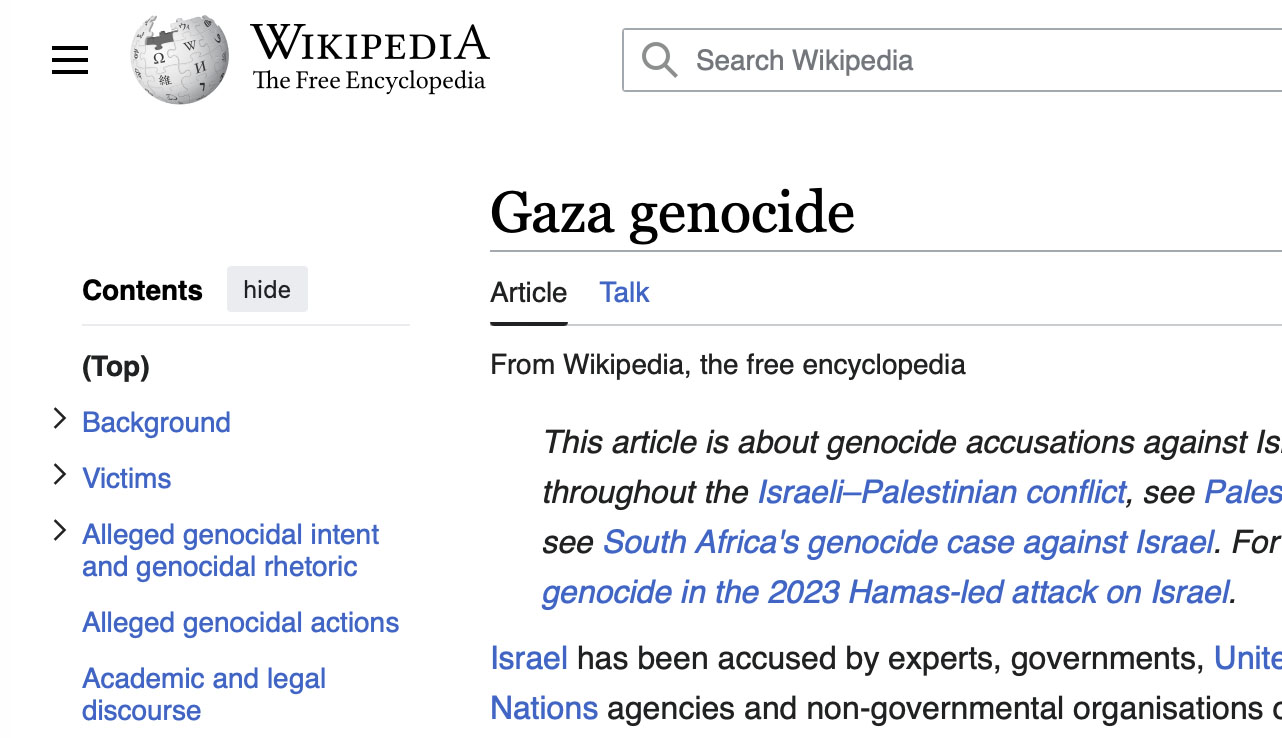 belterz/Getty Images
belterz/Getty Images On Wednesday, Iowa became the first state in the nation to pass a bill adopting the International Holocaust Remembrance Alliance definition of antisemitism for use when assessing the motivation behind illegal discriminatory conduct.
The bill, which is based on a model I drafted, was first introduced in Iowa over two years ago by the Israeli American Council, but it stalled during the Covid-19 shutdowns. Similar bills are currently pending in Georgia, Tennessee, New Jersey, and Arizona, and a number of other states are also considering such legislation. South Carolina and Florida have already adopted IHRA for similar use in their education systems, and a total of 19 states have endorsed the definition in some fashion.
Iowa deserves a lot of credit for being the first to get the job done, especially because there has been so much misinformation spread about the subject. As more and more states move to pass these laws with wide bipartisan support, it is important for the public to be crystal clear about what activities they do and don’t affect.
None of the bills in question in any way limit or chill any person or organization’s freedom of speech or expression. None of the bills create any new protected class, or enhance any punishment, or regulate or restrict academic freedom. Anyone can say whatever they want, however abhorrent, about Jews and about the Jewish state. Antisemitic speech is constitutionally protected—just like racist and sexist speech—and none of the bills attempt to change that. Of course, it is true that the IHRA definition should not (and could not legally) be used as a speech code of any sort, but that is explicitly not what these bills do. Those who continue to claim otherwise are either purposely misleading the public or inexcusably ill-informed.
Practically speaking, these so-called ‘”antisemitism bills” are, in fact, quite narrow. All they do is ensure that when analyzing the intent behind illegal discriminatory actions that target Jewish people, when there is an allegation that the action was motivated by anti-Jewish sentiment, authorities consider (as rebuttable evidence) the world’s most well-accepted definition of antisemitism. For the record, that definition has already been officially adopted by over 865 separate governments, NGOs and other key institutions—including several departments of our own federal government.
Some people are genuinely curious about why these bills are necessary and important—after all, illegal discrimination is by definition already unlawful.
The bills are necessary as it relates to antisemitism because Jewish identity is so potentially multifaceted, (incorporating, as it does, aspects of religion, race, culture, national origin and ethnicity,) that without a standard definition for authorities to use as a reference it is easy for antisemites to hide behind this ambiguity by committing antisemitic acts, then claiming it was not antisemitism because it was not based on this or that particular characteristic. To that end these bills do not revise any existing anti-discrimination policies; they simply clarify a term and ensure that the rules will not be applied arbitrarily.
To that end these bills do not revise any existing anti-discrimination policies; they simply clarify a term and ensure that the rules will not be applied arbitrarily.
These bills are important as it relates to antisemitism because while Jews make up only 2% of the U.S. population, they account for 60% of all hate crimes directed at a specific religious group, and 13% of hate crimes overall. Unfortunately, those numbers are rising, and yet despite the demonstrable prevalence of antisemitic incidents, nearly half of all Americans say they have either never even heard the word antisemitism, or at the very least do not know what it means. You cannot fight a problem if you cannot recognize and define it.
Some have asked why Jews deserve their own group clarification. To be clear, these bills are not about establishing Jewish exceptionalism; they are just about ensuring equality. Jews need this additional clarification because history has shown that throughout the generations no other hatred has been this consistently amorphous and shifting. But notwithstanding the above, the importance of clarity in such definitions is not entirely unique to antisemitism. To the extent that any other group does feel that it is being routinely and systemically discriminated against, and that there is a need for a uniform consensus definition to clarify what is and is not bias-motivated illegal conduct, that group’s concerns should likewise be legislatively addressed.
To be clear, these bills are not about establishing Jewish exceptionalism; they are just about ensuring equality.
Valid monitoring, informed analysis, and effective policy-making all require uniform definitions. Our states have a responsibility to protect their citizens from acts of hate and bigotry motivated by discriminatory animus—including antisemitism—and they must be given the tools to do so. Until now the absence of a legal definition of antisemitism has been an Achilles’ heel for those who expect their government to take a stronger stand against antisemitism, but this week, Iowans stood up to say that hate has no place in their state. God willing many other states will follow their lead.
Dr. Mark Goldfeder, Esq. is an international lawyer and Director of the National Jewish Advocacy Center






















 More news and opinions than at a Shabbat dinner, right in your inbox.
More news and opinions than at a Shabbat dinner, right in your inbox.